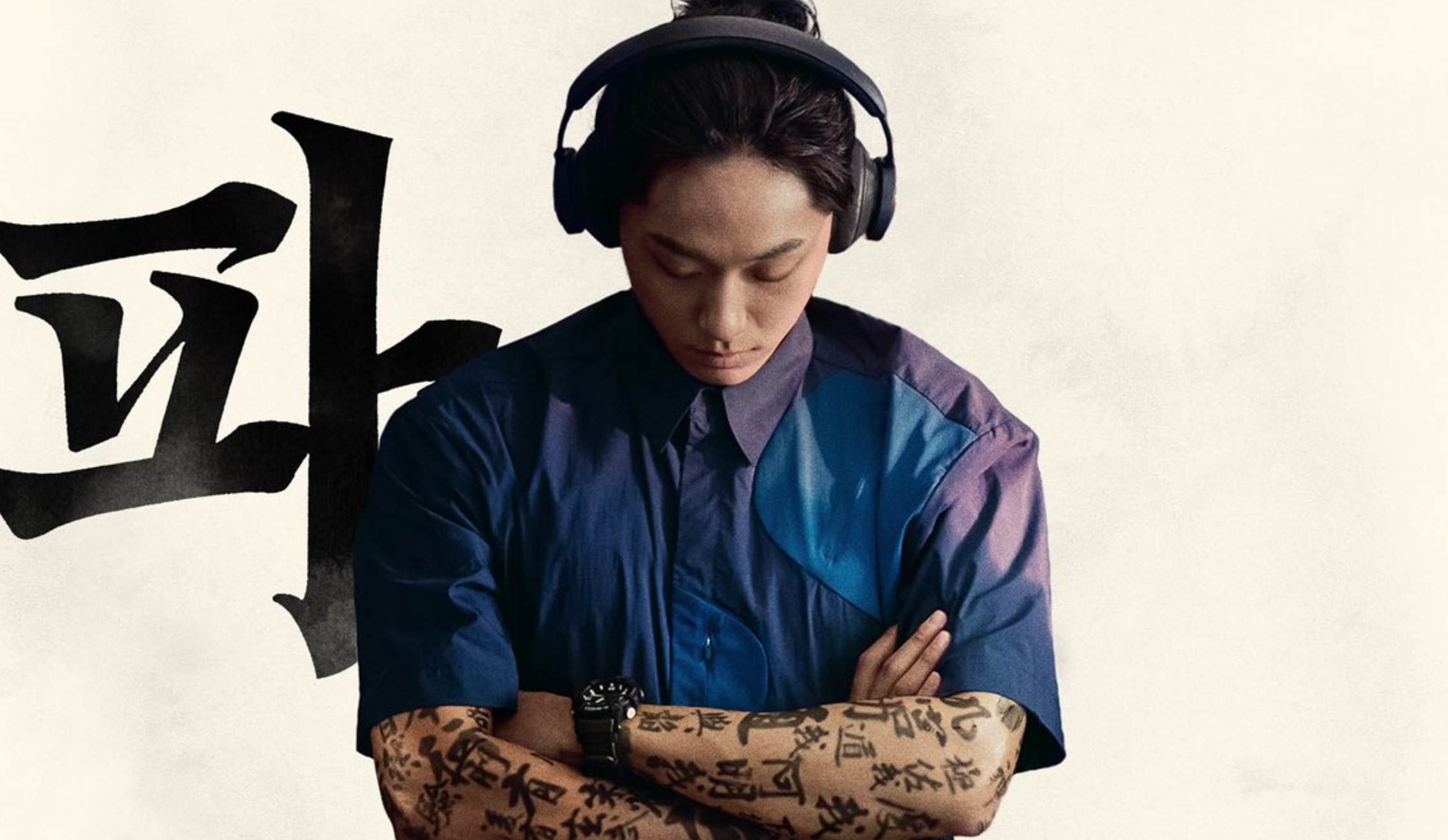Amidst his military duties, actor Lee Do Hyun took a moment to connect with his fans, sharing a heartwarming update from his service on March 1, KST. Posting a snapshot of himself in his military uniform, Lee Do Hyun expressed his gratitude to fans for their unwavering support of his latest cinematic venture, “Exhuma”. Not surprisingly, people are loving the unexpected military photo.
Lee Do Hyun Drops Unexpected Military Photo To Celebrate ‘Exhuma’ Success
The success of “Exhuma” has been nothing short of extraordinary, with the film making waves at the Korean box office since its release on February 22, KST. Starring Lee Do Hyun alongside acclaimed actress Kim Go Eun, the movie has garnered widespread acclaim, quickly becoming a sensation among audiences nationwide. By February 28, “Exhuma” had already surpassed the impressive milestone of 3 million viewers, a testament to its compelling storyline and stellar performances.
In the Instagram post, Lee Do Hyun held a cast picture taken during the celebrations marking the film’s achievement of reaching 3 million viewers. However, by the time he shared the post, “Exhuma” had already crossed the remarkable milestone of 4 million viewers, underscoring its unparalleled success in the Korean film industry. Despite his absence from the public eye due to his military service, Lee Do Hyun expressed his heartfelt gratitude to fans for their overwhelming support and promised to meet them in person once he completes his military duties.
Congratulations #LeeDoHyun and the cast of #Exhuma!
Lee Do Hyun shared a photo of him in a military uniform and thanked the 4 million viewers for supporting their movie "Exhuma".
He also added, "See you in person as a soldier, Lim Dong-hyun, and next year as an actor, Lee… pic.twitter.com/0XKAh0b0DF
— Annyeong Oppa (@TheAnnyeongOppa) March 1, 2024
Directed by the talented Jang Jae-hyun, “Exhuma” follows the gripping tale of two exorcists, a mortician, and a feng shui master as they navigate the shadowy world of mysterious graves and supernatural forces. With a star-studded cast that includes Choi Min-sik, Kim Go-eun, and Yoo Hae-jin, the film has captivated audiences with its atmospheric visuals, intricate plot, and powerful performances.
The rapid success of “Exhuma”, surpassing 2 million viewers in just four days, underscores its widespread appeal and enduring popularity among Korean audiences. As Lee Do Hyun continues to serve his country, his message of gratitude serves as a touching reminder of the deep connection between actors and their fans, transcending barriers and distance to celebrate shared moments of joy and success.
